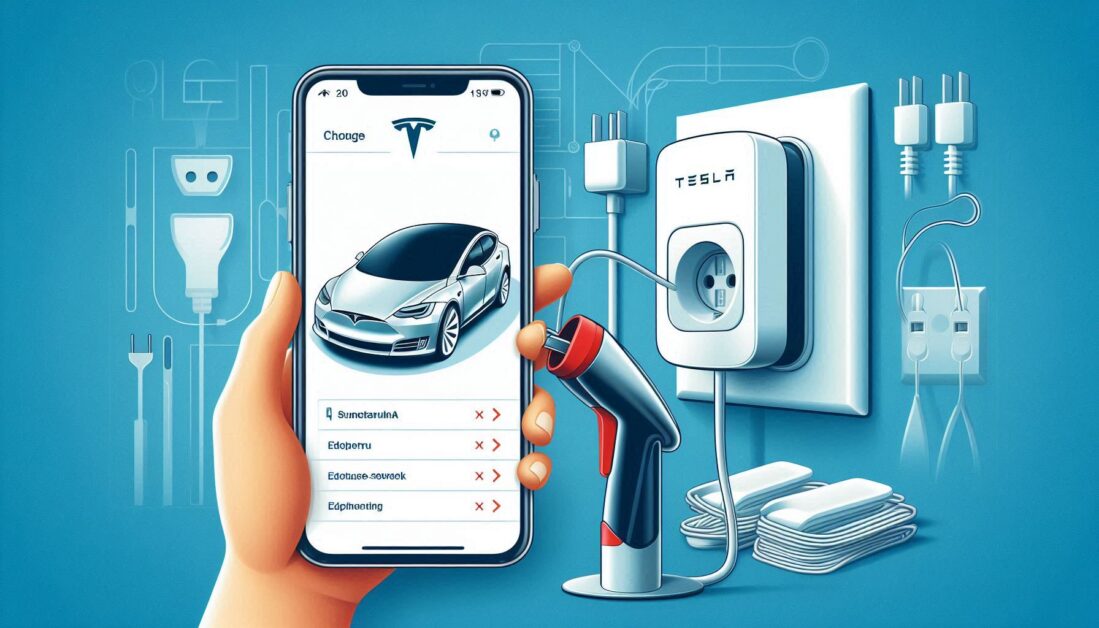The PlayStation 5 (PS5) has been a game-changer in the world of consoles, offering impressive graphics, faster loading times, and an immersive gaming experience. One common question among gamers is whether the PS5 accepts third-party controllers and what options are available. Let’s break down the details, covering compatibility, pros and cons, and what you need to consider when choosing a third-party controller for your PS5.
1. Official PS5 Controller: DualSense Overview
Before diving into third-party options, it’s essential to understand what the official PS5 controller, the DualSense, brings to the table:
- Haptic Feedback: The DualSense offers advanced haptic feedback, providing realistic vibrations that match in-game actions.
- Adaptive Triggers: The triggers can adjust resistance to enhance gameplay, adding more depth, especially in action-packed titles.
- Built-in Features: Includes a microphone, speaker, and a touchpad for enhanced user interaction.
These features set a high bar for any third-party controller aiming to match the PS5’s performance.
2. Are Third-Party Controllers Compatible with the PS5?
The simple answer is yes, the PS5 does accept third-party controllers, but with some limitations:
- Direct Compatibility: Only certain third-party controllers are officially compatible with PS5 games. These controllers often come with reduced functionality, meaning they may lack some features like adaptive triggers and haptic feedback.
- PS4 Controller Compatibility: PS4’s DualShock 4 and some third-party PS4 controllers can be used with PS5, but only for playing PS4 games. They won’t work for PS5 titles.
3. Types of Third-Party Controllers for PS5
3.1 Officially Licensed Controllers
Some manufacturers produce officially licensed PS5 controllers with Sony’s approval. These controllers meet specific standards set by Sony but may still not replicate all DualSense features.
- Pros: Reliable build quality and decent compatibility.
- Cons: Often more expensive and may not include all DualSense functionalities.
3.2 Universal and Custom Controllers
Brands like Scuf, Nacon, and Hori have released high-quality controllers that can work with the PS5. However, these controllers typically focus on customization and enhanced ergonomics.
- Pros: Customizable buttons, paddles, and ergonomic designs for competitive gaming.
- Cons: May not support advanced DualSense features like haptic feedback and adaptive triggers.
4. Benefits of Using 3rd Party Controllers
4.1 Customizability
Many third-party controllers offer a higher degree of customization than the DualSense. This feature is particularly appealing to competitive gamers who prefer specific button mappings and custom layouts.
4.2 Cost-Effective Options
Third-party controllers often come at various price points, providing budget-friendly alternatives to the DualSense.
5. Drawbacks to Consider
5.1 Limited Features
Most third-party controllers for PS5 lack the advanced adaptive triggers and haptic feedback that make the DualSense unique. This limitation can impact the immersive gaming experience that many PS5 games are designed to offer.
5.2 Compatibility Issues
Not all third-party controllers are designed with full PS5 compatibility in mind. Players may find that certain models work only for PS4 titles or have limited button functionality on PS5 games.
6. Popular Third-Party Controllers for PS5
6.1 Scuf Reflex
- Pros: Offers customizable options such as adjustable triggers and extra paddles.
- Cons: Higher price point and limited adaptive trigger functionality.
6.2 Hori Onyx Plus
- Pros: Comfortable grip and familiar layout for those who prefer a more traditional controller design.
- Cons: Lacks haptic feedback and adaptive triggers, limiting the immersive experience.
6.3 Nacon Revolution Unlimited Pro
- Pros: Excellent for competitive gaming, with customizable features and added back buttons.
- Cons: Primarily designed for PS4 but works with PS5 for backward-compatible games only.
7. Tips for Choosing a Third-Party PS5 Controller
- Check Compatibility: Ensure the controller explicitly states that it works with PS5 games, not just PS4 titles.
- Look for Licensing: Officially licensed controllers are more likely to be compatible and reliable.
- Assess Your Needs: Decide whether you need customization options, a lower price, or specific features like ergonomic grips.
8. Future of Third-Party PS5 Controllers
As the PS5 becomes more established, it’s likely that more manufacturers will release third-party controllers with better feature integration. Advanced options that may support adaptive triggers and haptic feedback could be introduced, offering gamers more choice without sacrificing functionality.
Conclusion
Yes, the PS5 does support third-party controllers, but the level of compatibility and functionality can vary. While officially licensed or high-quality third-party options like Scuf and Nacon provide excellent alternatives, they often don’t include the full set of features found in the DualSense controller. For casual players or those seeking a budget-friendly option, a third-party controller might suffice. However, for those who want to experience PS5 games to the fullest, sticking with the DualSense or exploring premium third-party options with similar features is the way to go.



